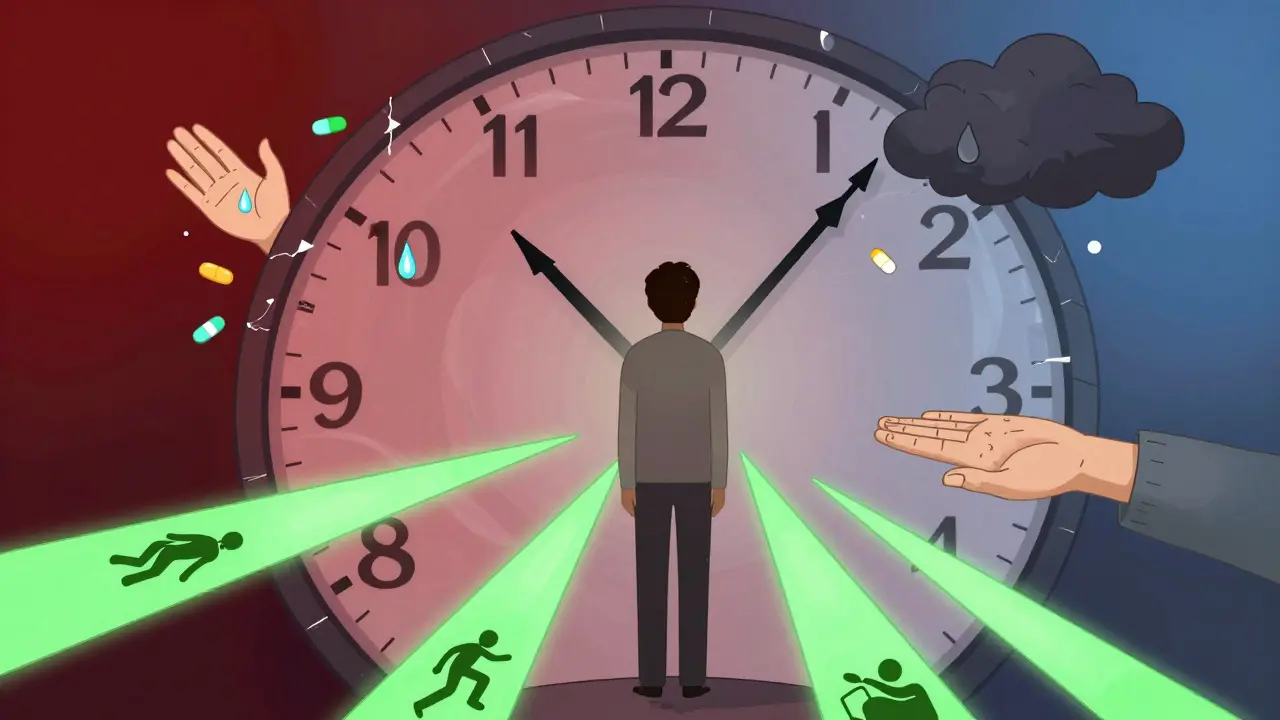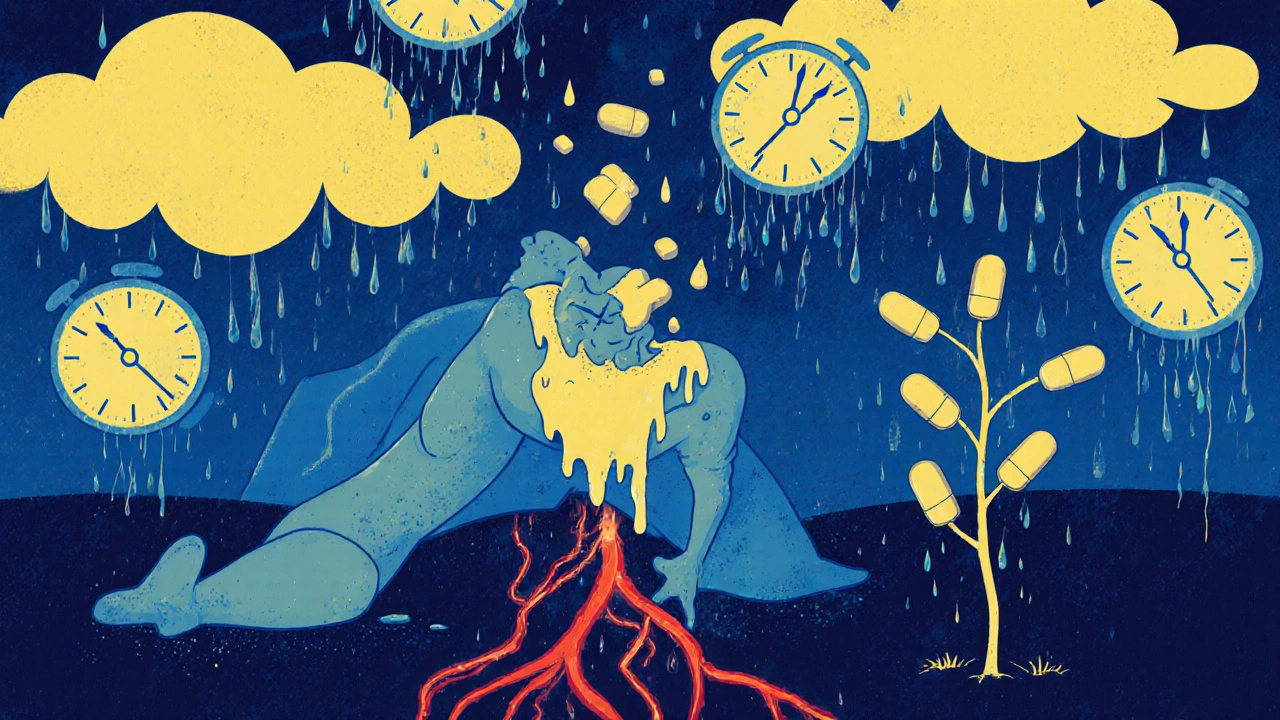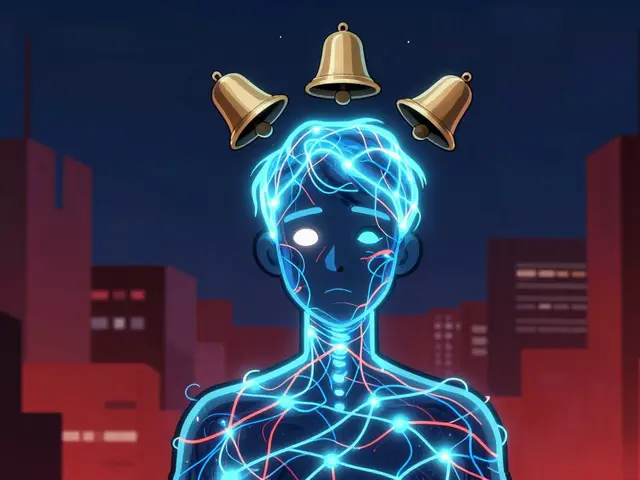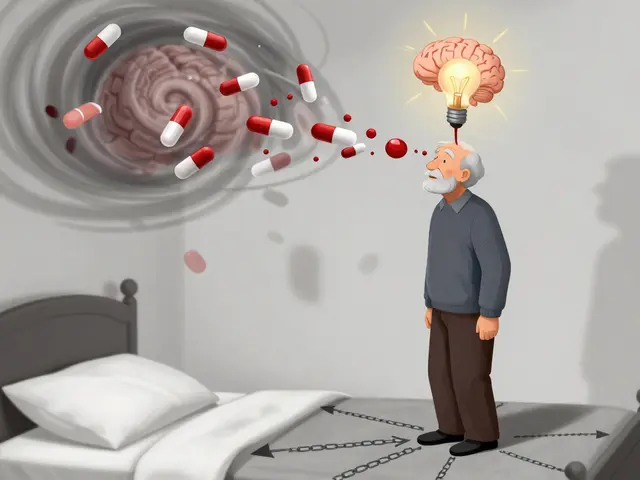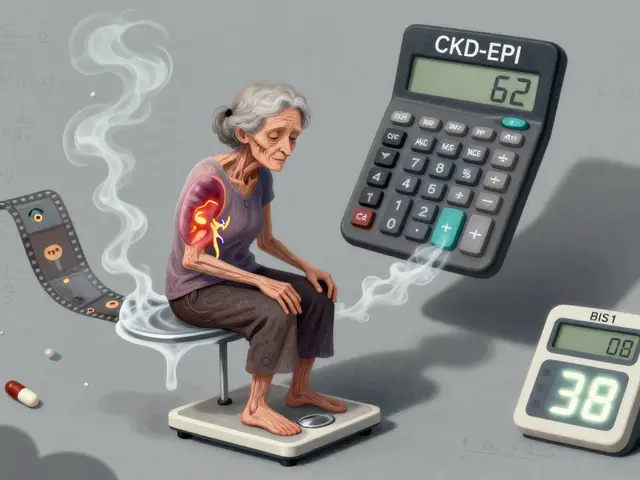Opioid Withdrawal Symptoms: What to Expect and How to Manage Them
When someone stops using opioids after regular use, their body goes through a process called opioid withdrawal symptoms, a set of physical and psychological reactions that occur when opioid use is reduced or stopped. Also known as opioid withdrawal syndrome, it’s not usually life-threatening, but it can be extremely uncomfortable and often drives people back to using drugs to feel better. This isn’t weakness—it’s biology. Opioids change how your brain and nervous system work. When they’re removed, your body scrambles to regain balance, and that’s when symptoms hit.
Common signs include muscle aches, restlessness, anxiety, sweating, runny nose, yawning, insomnia, nausea, vomiting, diarrhea, and intense cravings. These usually start 6 to 12 hours after the last dose, peak around day 3, and begin to fade by day 7. For some, emotional symptoms like depression and irritability can stick around for weeks. It’s not just about the body—it’s your brain recalibrating. People often don’t realize how deeply opioids affect mood and motivation until they try to quit. That’s why support matters more than willpower.
Managing opioid dependence, a condition where the body relies on opioids to function normally isn’t about toughing it out alone. Medical supervision, medications like methadone or buprenorphine, and behavioral support can make a huge difference. Many people think withdrawal is just about getting clean, but the real challenge is staying clean. That’s why recovery programs focus on more than just detox—they help rebuild routines, relationships, and self-worth.
What you’ll find in the posts below aren’t generic advice or fear-based warnings. These are real, practical guides from people who’ve been through it—whether they’re comparing medications to ease symptoms, learning how to spot early signs of relapse, or understanding why some treatments work better than others. You won’t find fluff. Just clear, no-nonsense info on what actually helps when you’re trying to get off opioids and stay off them.
Tapering Opioids Safely: How to Reduce Side Effects and Avoid Withdrawal
Tapering opioids safely means reducing your dose slowly to avoid dangerous withdrawal and overdose. Learn the CDC-recommended timeline, symptoms to expect, medications that help, and how to work with your doctor for the best results.
Opioid Withdrawal Timeline and How to Manage Symptoms Safely
Learn the opioid withdrawal timeline and proven strategies to manage symptoms safely. Discover how medications like buprenorphine, hydration, and medical supervision improve recovery outcomes.

